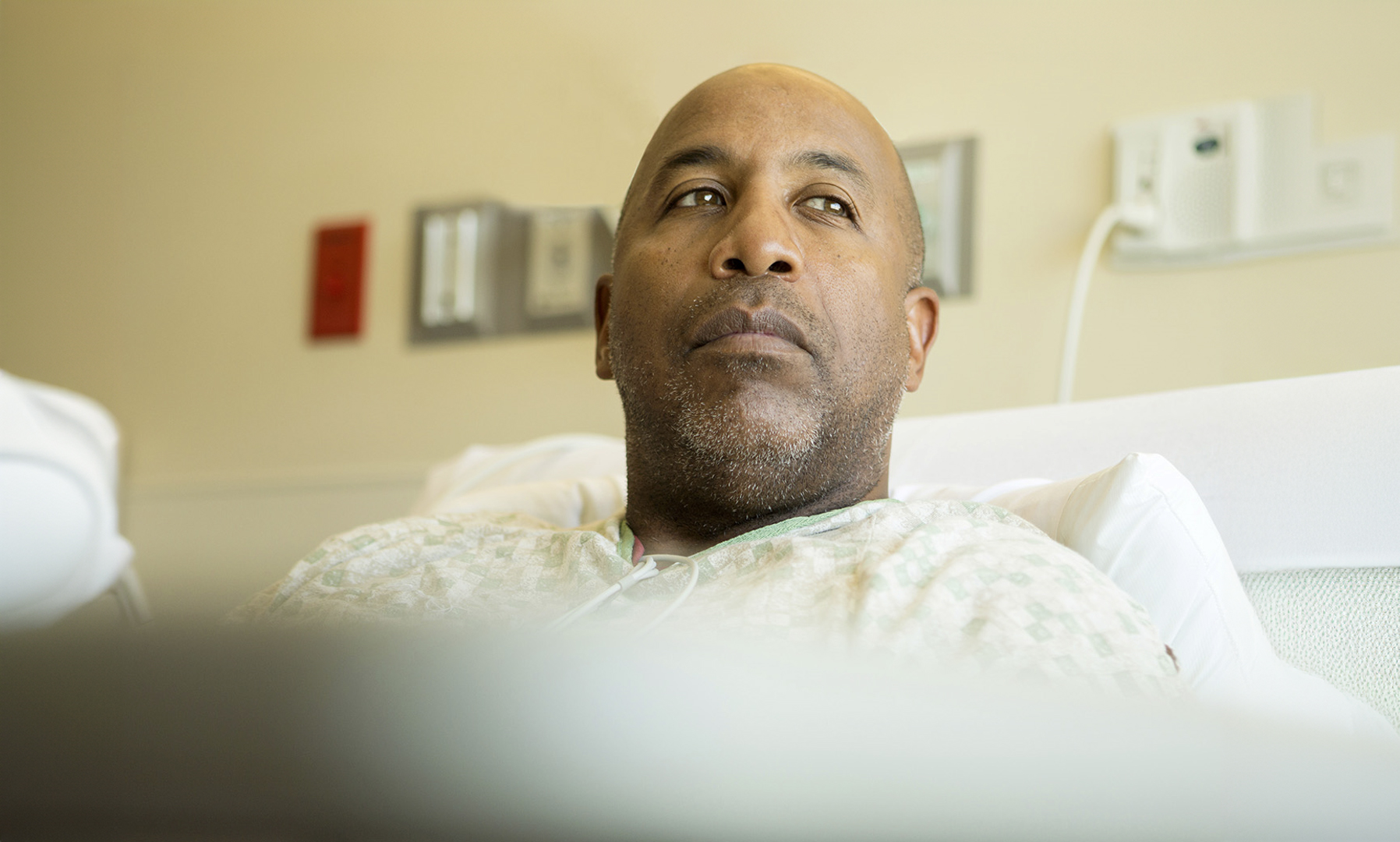
Pandemic worsened ethnic disparities in hospital care
People from Asian groups experienced a much larger fall in planned hospital care during the pandemic than people from White, Black or Mixed ethnic groups, new analysis reveals today.
According to the research, large variations in rates of hospital care in England for different ethnic groups existed prior to 2020, but the 3.7 million drop in planned hospital procedures over the pandemic’s first two years worsened these disparities. This left people in the Asian group missing out on the equivalent of over 23,000 procedures compared to the White group.
The research, published today by the Nuffield Trust and the NHS Race and Health Observatory (RHO), provides the most detailed statistical analysis of the English hospital care backlog by ethnic group to date. It looks at variation in treatment rates for routine hospital care both before and during the Covid-19 pandemic, across five main ethnic groups and by socioeconomic group and geography.
Key findings include:
- Prior to the Covid-19 pandemic, the White group had higher rates of planned hospital procedures overall than the Black, Mixed and Asian groups, with the White group having almost a fifth (18%) more procedures per person than the Asian group. Pre-pandemic, Asian groups had higher rates of cardiac and cataract procedures and Black groups had higher rates of cataract and dental procedures.
- Procedure rates during the first year of the pandemic fell in all groups, but the falls in activity were not uniform, with the Asian group experiencing the largest overall fall in the first year of the pandemic compared with the other groups (a fall of 49% for all procedures compared with 44% for the White and Black groups – equivalent to 17,000 missed procedures). These falls were smaller in the second year, but differences remained with the Asian group missing the equivalent of over 6,000 procedures.
- The biggest variation was in cardiac care, where therapeutic cardiac procedures fell by 45% for the Asian group and 35% for the Black group, compared to 28% for the White group.
- The most deprived groups in the population experienced larger rate falls overall and for most specific procedure groups. For hip and knee replacements, there was a 13% larger fall in the most deprived group compared with the national change, and a 7% lower fall in the least deprived group.
- Regions with higher rates of Covid-19 did not see proportionately higher falls in procedure rates.
The two organisations say that there is no single cause of these differences in procedure rates, with some of the pre-pandemic variation likely to be explained by “known epidemiology” such as higher rates of heart conditions in Asian groups. However, in a foreword to the report, Nigel Edwards of the Nuffield Trust and Habib Naqvi of the RHO say that other issues, like “a lack of trust in the NHS and government” among some ethnic groups and “institutionalised and structural racism across society”, are likely to be behind some of the differences between ethnic groups, both before and during the pandemic.
The report highlights deficiencies in the data and coding of ethnicity across the NHS, which limits understanding of the variation. This, Edwards and Naqvi say, means the NHS is “flying blind” in its legal and moral duty to reduce health inequalities.
Commenting on the research, Nuffield Trust Deputy Director of Research Sarah Scobie said:
“As the Government makes tackling the NHS elective backlog a key priority, this research offers new insight into how different ethnic groups were affected by the huge drop in consultations, tests and operations caused by the Covid-19 pandemic. “Urgent action now needs to be undertaken to address healthcare inequalities between ethnic and socioeconomic groups and to address the large and sustained deficit in cardiac care for the Asian group”.
NHS Race and Health Observatory Director Dr Habib Naqvi said:
“The Covid-19 pandemic has resulted in a large fall in hospital activity such as consultations, scans, tests and operations across England leading to a huge backlog in routine hospital care with an estimated seven million patients waiting to begin hospital treatment.
“Our report highlights wide variations in access to healthcare amongst people from different ethnic and socioeconomic groups, with people in the Asian group particularly experiencing much larger drops in planned NHS care than those from White groups.
“The Government should uphold the pledge to “deliver on the NHS” by tackling the backlog as a priority. Inequalities in elective care recovery will not only impact people’s lives, but will also have detrimental financial consequences for the NHS in the long term. Analysing how treatment differs between ethnic and socioeconomic groups needs to be a first step in understanding why variations exist and is key to identifying potential solutions.”
The two organisations say they hope the methods used in this research will provide a blueprint for local health systems to use in understanding and analysing their own elective care backlogs and to reduce healthcare inequalities.
